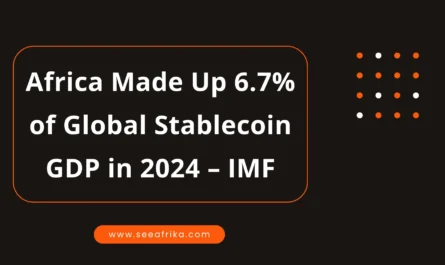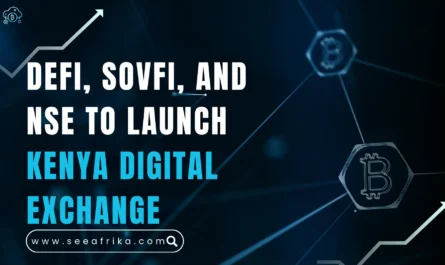South Africa is making significant moves to ease the entry of Starlink, the satellite internet service owned by Elon Musk’s SpaceX. The government is reviewing existing telecommunications rules, especially those related to ownership, to pave the way for Starlink’s official launch in the country. This development follows years of regulatory roadblocks that have prevented Starlink from operating legally, despite high demand, particularly in rural areas.

Current Ownership Rules and Barriers
The main obstacle Starlink faces in South Africa is the country’s strict telecommunications licensing regime. South African law, under the Electronic Communications Act, requires all telecom companies to have at least 30% ownership by historically disadvantaged groups (HDGs). This Black Economic Empowerment (BEE) rule aims to address apartheid-era inequalities by promoting local equity ownership.
Starlink, as a foreign-owned company, has not met this 30% Black ownership requirement, which has prevented it from obtaining an Individual Electronic Communications Network Services (IECNS) licence. Without this licence, Starlink cannot legally operate in South Africa. The Independent Communications Authority of South Africa (ICASA), the telecom regulator, has cracked down on unauthorized use by suspending Starlink accounts and seizing equipment used to circumvent the rules through roaming plans registered in other countries.
You don’t want to miss this: Starlink Expands to Guinea-Bissau, Growing West Africa Presence
Pressure for Regulatory Reform
To overcome this barrier, SpaceX has formally proposed alternative compliance measures. Instead of direct equity ownership, Starlink recommends implementing equity-equivalent investment programs that focus on infrastructure, digital inclusion, education, and community development. This model would allow foreign operators to invest in South African digital infrastructure and enterprises without requiring a mandatory shareholding.
South African Communications Minister Solly Malatsi supports exploring these alternatives. The department has requested that ICASA consider issuing new individual network service licenses and reviewing the empowerment framework. This could end a 15-year freeze on new telecom licenses and create a more flexible path for Starlink and other tech firms.
Related news: MTN Zambia Teams Up with Starlink to Boost Connectivity
Potential for Major Investments
Starlink has pledged to invest heavily in South Africa should the licensing hurdles be eased. The company has indicated plans to invest over ZAR 2 billion (about USD 113 million) for building ground infrastructure such as earth stations and data centers. This would include projects to connect approximately 5,000 rural police stations and provide free high-speed internet to 5,000 rural schools, benefiting millions of students.
This pending investment signals Starlink’s serious intentions to become a key internet provider in South Africa. However, it is conditional on regulatory changes that provide an exemption or alternative to the 30% Black ownership mandate.
Impact on South Africa’s Internet Access
For many South Africans, especially those in remote and underserved areas, Starlink represents a potential lifeline to high-speed, low-latency broadband. Currently, less than 2% of rural households have internet access, highlighting a critical digital divide. The government’s National Digital and Broadband Policy aims to achieve universal broadband access by 2030, making Starlink’s entry highly strategic.
Despite Starlink’s current unofficial presence through roaming services and resellers in bordering countries, the lack of licensing has left many users in limbo. The government crackdown has led to loss of service for many who relied on Starlink’s satellite internet as an alternative to limited traditional telecom infrastructure.
Starlink in South Africa: Looking Ahead
The ongoing rule review and policy discussions demonstrate South Africa’s efforts to balance the goals of Black Economic Empowerment with the urgent need for modern digital infrastructure. If the reforms proceed, Starlink could become the first major satellite internet provider formally licensed in the country, bringing transformational connectivity especially to rural zones.
South Africa could set a precedent in Africa by adopting flexible empowerment models that attract international tech investment while promoting local development. For now, the industry and users await regulatory decisions that will define the future of Starlink in South Africa.
In summary, South Africa is actively reviewing its telecom rules to ease Starlink’s market entry. Starlink seeks alternatives to the 30% Black ownership rule and has pledged major investments. Starlink is expanding in Africa, offering fast satellite internet to underserved areas. It is already live in several African countries like Nigeria, Kenya, and Ghana. South Africa and others are reviewing regulations to welcome Starlink officially, aiming to improve digital access and boost development across the continent.
Also read: Smart Zambia Expands Starlink to Remote Shiwang’andu




